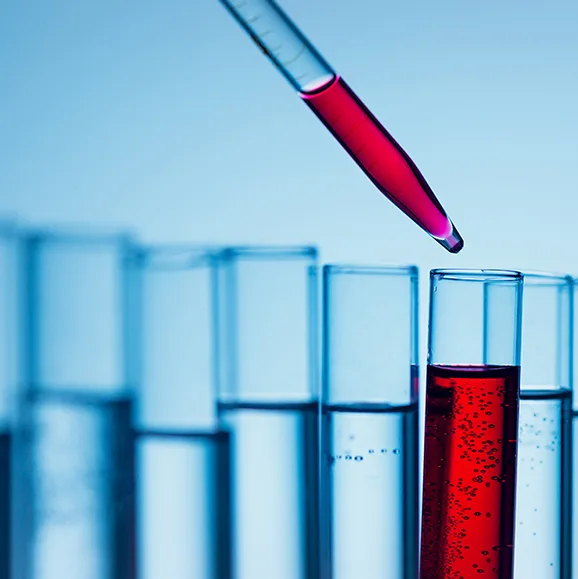Scientists in the United Kingdom have developed a blood and urine test that can detect autism in children.
The test, believed to be a first of its kind, was developed by researchers at the University of Warwick who said the breakthrough could lead to earlier diagnosis of autism spectrum disorders (ASD) in children who could then be given appropriate treatment much earlier in their lives.
It’s estimated that one in 200 people Australians are affected by autism, and it’s four times more prevalent in boys than girls.
The lifelong developmental condition affects, among other things, a person’s social interaction and communication, and symptoms can include restricted and repetitive behaviours and interests.
Autism in children can be mild, moderate or severe, and present in so many ways that is often difficult to diagnose. However, research shows that the earlier a child is diagnosed, the more likely it is they’ll develop the communication, social and life skills needed for a good quality of life. A simple blood test to diagnose ASD could make a huge impact on an child’s development if they do indeed have autism.

A first of it’s kind, researchers hope a simple blood or urine test could lead to early detection of autism in children.
However, experts caution that the tests – which look for damage to certain proteins, shown to be higher in children with ASD – are far from becoming available clinically and that more research needs to be done.
“We have found that the power of measuring damaged proteins to the brain may be a cause for a development of autism,” said Paul Thornalley, a professor in systems biology at the University of Warwick, who co-led the study.
The research has been published in the journal Molecular Autism.
Signs of autism in children
Parents may notice that their child’s behaviour is unusual in the first few years of life. According to Health Direct, early signs may include:
Delayed speech
Lack of social-emotional reciprocity – pointing, smiling, showing you things
Lack of non-verbal communication such as nodding and shaking head, using hand gestures
Lack of eye contact when speaking
Repetitive behaviours such as rocking or twirling, or spending hours focusing intently on one thing
Aggressive toward other people or toward self
Children with autism may lack interest in playing with other children, and in severe cases may show no interest in the surrounding world at all
Treatments for autism
Because every child with autism is different, the best results are obtained from a treatment program specifically tailored to a child’s individual needs. Educational programs are the primary treatment for autism and research shows, the earlier a child with autism starts treatment the better success they will have.
Some treatments include:
Language and social skills are taught through intensive educational programs and behavioural therapies
Speech pathology focuses on developing communication and social skills
Occupational therapy concentrates on sensory motor development, such as learning play and fine motor skills, as well as how to cope in social situations
Health Direct advise steering clear of treatments that offer a cure as there is no evidence to support these claims.
For more information on Autism, visit Autism Awareness website and always seek advice from your GP.
.jpg?resize=380%2C285)
